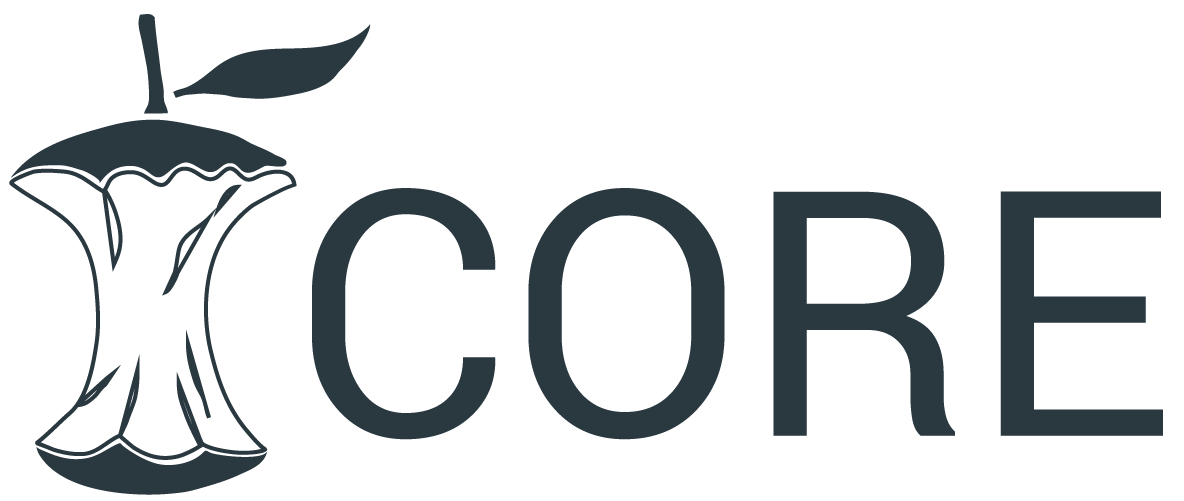Effects of organic and inorganic fertilization on agro-productive variables and chemical composition of Bermuda grass, Cynodon dactylon L. Pers.
Synopsis
In the production of cattle and goats, feeding has the greatest impact on production costs, with forage being the main source of food in production systems. The objective of this study was to evaluate the effects of applying various organic and inorganic fertilizers to the soil and their impact on yield Bermuda grass crop through a bromatological study. To do this, a plot of land located in the Cojedes state, Venezuela, was divided into 15 blocks, where each of the treatments was applied in triplicate, including urea, Agrodol, Agrocel, Agrodol with Agrocel, and the control. For the bromatological analysis, the protein values ranged from 6.57% to 20.03%, fresh matter ranged from 1000 to 3750 kg/ha, dry matter ranged from 11.6% to 35.0%, and the ash content ranged from 8.67% to 22.05%. After contrasting the results through a statistical analysis using IBM SPSS Statistics 26, a positive response in grass yield was observed, significantly favorable in the organic treatments over the inorganic ones, specifically treatments II (Agrodol) and IV (Agrodol with Agrocel).
Published
Series
Online ISSN
Categories
License

This work is licensed under a Creative Commons Attribution-NonCommercial-ShareAlike 4.0 International License.










